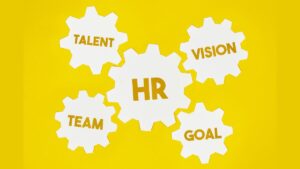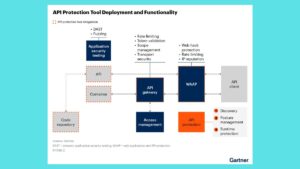HR Policies in 2024: Adapting to a Changing Work Landscape


The world of work is in a constant state of evolution, and HR policies are no exception. As we approach 2024, the HR landscape is facing new challenges and opportunities brought about by technological advancements, changing workforce dynamics, and the ever-present need for employee well-being. In this blog post, we’ll explore the key trends and considerations for HR policies in 2024.
1. Remote and Hybrid Work Policies
The COVID-19 pandemic accelerated the shift toward remote work, and it’s here to stay. In 2024, HR policies will need to address remote work arrangements, including guidelines for productivity measurement, communication tools, and cybersecurity protocols. Hybrid work models, combining office and remote work, will also require well-defined policies to ensure equity and effectiveness.
2. Digital Transformation and Data Privacy
As organizations continue to embrace digital transformation, HR policies must address data privacy and security concerns. Clear guidelines on how employee data is collected, used, and protected are essential. Additionally, policies related to the use of artificial intelligence (AI) and automation in HR processes should be established to ensure fairness and transparency.
3. Diversity, Equity, and Inclusion (DEI)
DEI initiatives have gained prominence in recent years, and HR policies will play a crucial role in fostering inclusive workplaces. In 2024, HR policies should outline strategies for recruitment, promotion, and training that promote diversity and equity. Regular audits and reporting on DEI progress will also be essential.
4. Mental Health and Well-being
Employee well-being has taken center stage, and HR policies need to reflect this shift. Companies will need to provide resources for mental health support and create a culture that encourages work-life balance. Flexible work hours, mental health days, and access to counseling services should be addressed in HR policies.
5. Learning and Development
Continuous learning is crucial in the fast-paced business environment of 2024. HR policies should emphasize the importance of ongoing skill development and provide employees with opportunities for training and upskilling. Considerations for e-learning platforms, mentorship programs, and tuition assistance should be included.
6. Remote Onboarding and Offboarding
As remote and hybrid work models persist, HR policies should include remote onboarding processes that help new employees integrate into the company culture and workflow seamlessly. Similarly, offboarding policies should outline the steps for a smooth transition when employees leave the organization, including data security measures.
7. Flexible Benefits and Compensation
Traditional compensation and benefits models may need to adapt to the changing workforce. HR policies should allow for flexible benefits packages that cater to individual employee needs, such as customizable health plans, retirement options, and wellness incentives.
8. Agile Performance Management
Performance management is evolving from traditional annual reviews to continuous feedback and goal-oriented approaches. HR policies should reflect this shift, emphasizing regular check-ins, 360-degree feedback, and development plans rather than annual appraisals.
9. Crisis Management and Remote Work Contingency
The COVID-19 pandemic highlighted the importance of crisis management policies. HR should establish contingency plans for remote work during crises and ensure that employees have access to the necessary tools and resources to work effectively from home.
10. Compliance and Legal Considerations
HR policies must remain compliant with evolving labor laws and regulations. Staying informed about changes in employment law and updating policies accordingly is crucial to avoid legal issues.
Conclusion: HR Policies for a Changing World of Work
The HR landscape in 2024 will be shaped by technology, evolving employee expectations, and a commitment to well-being and inclusion. HR policies will serve as a foundation for organizations to navigate these changes successfully. By proactively addressing remote work, digital transformation, DEI initiatives, well-being, and other critical areas, HR professionals can create policies that not only ensure compliance but also contribute to a thriving and adaptable workforce in the years ahead.







